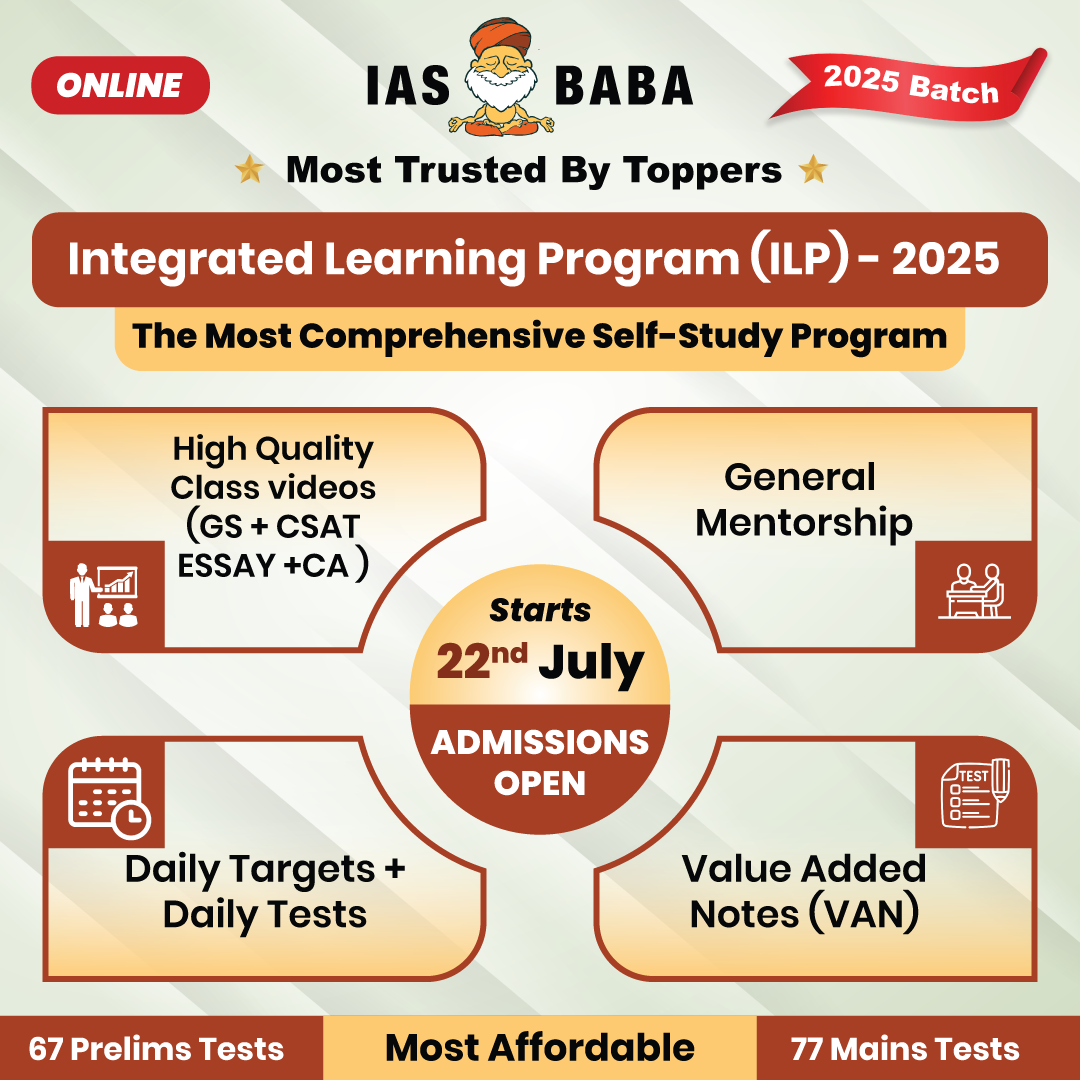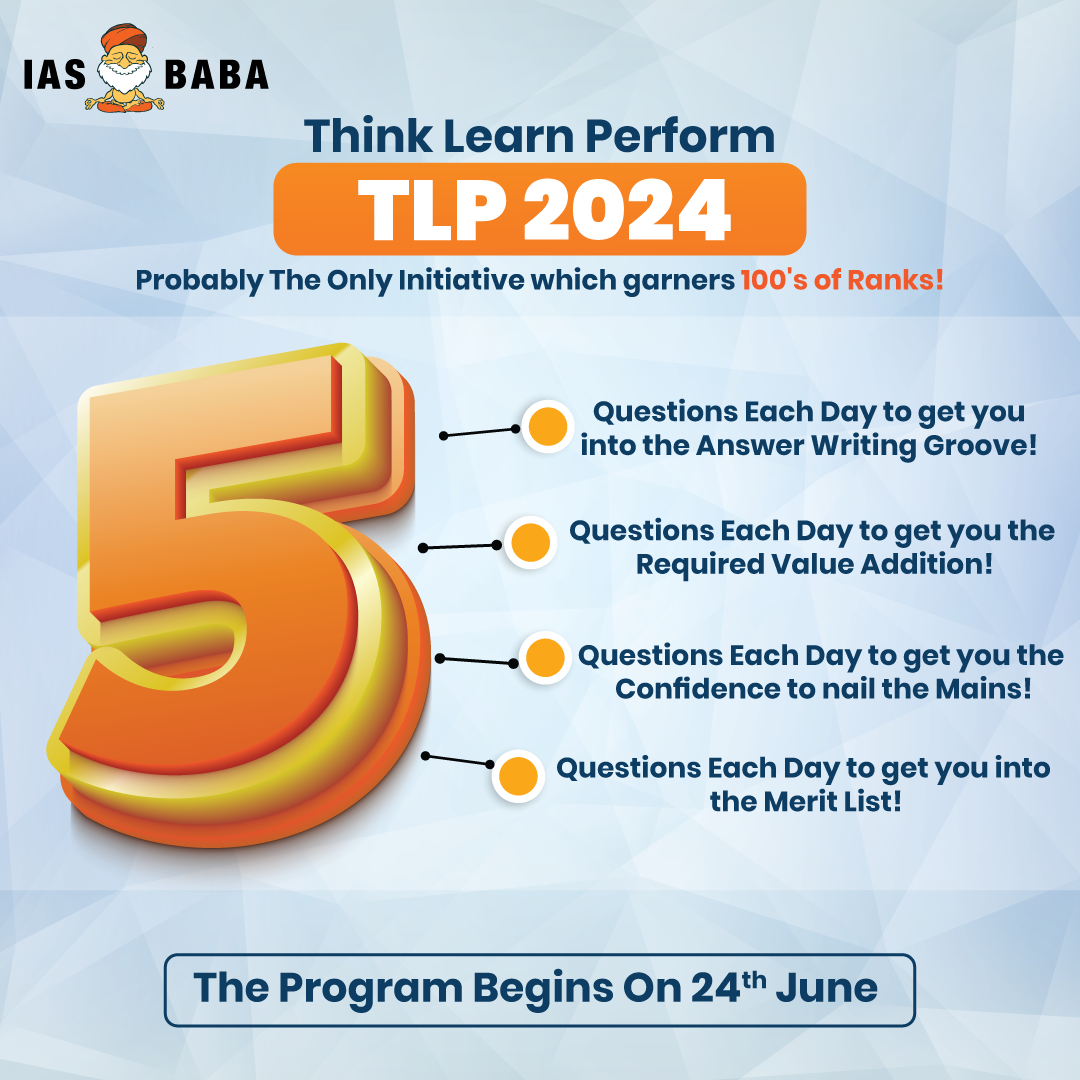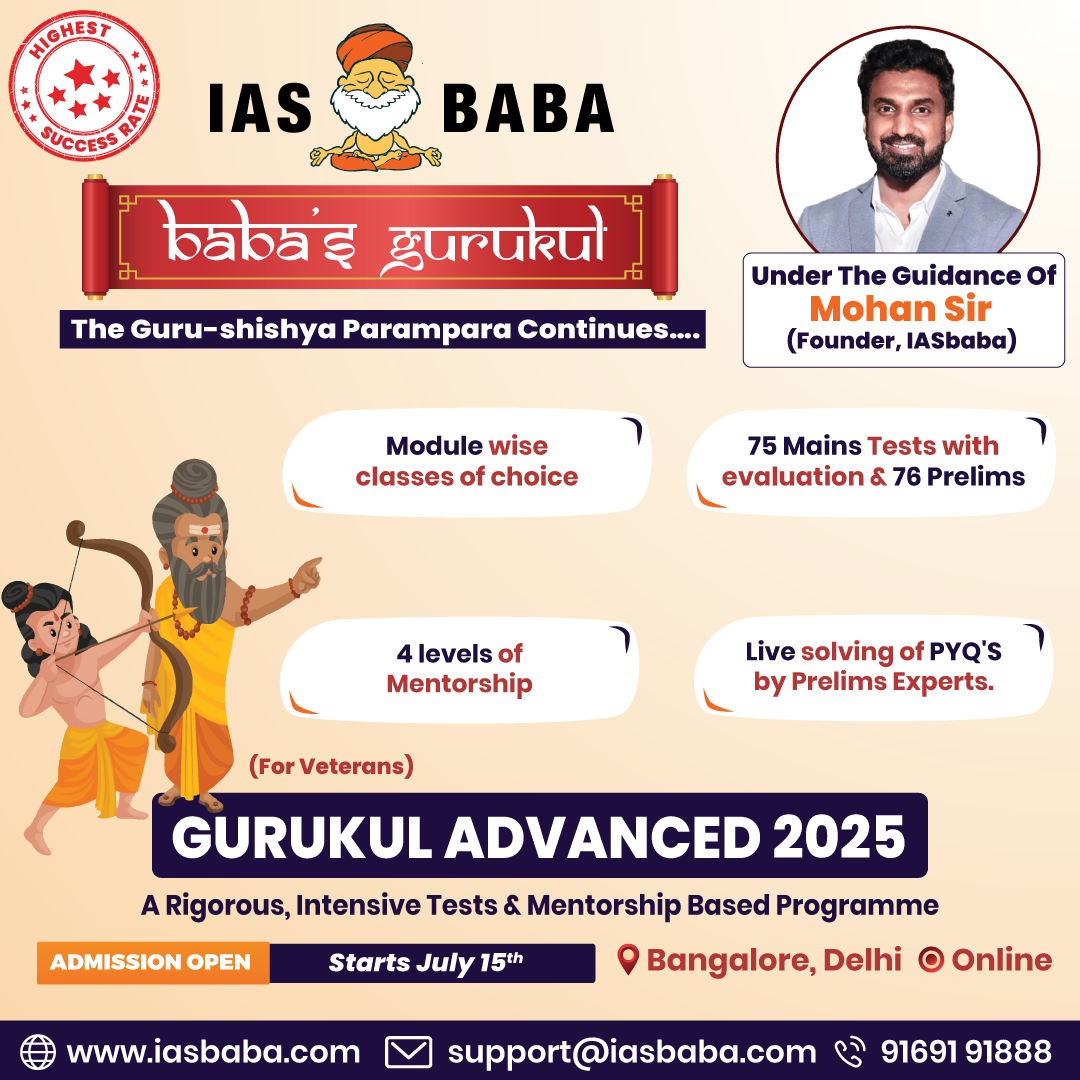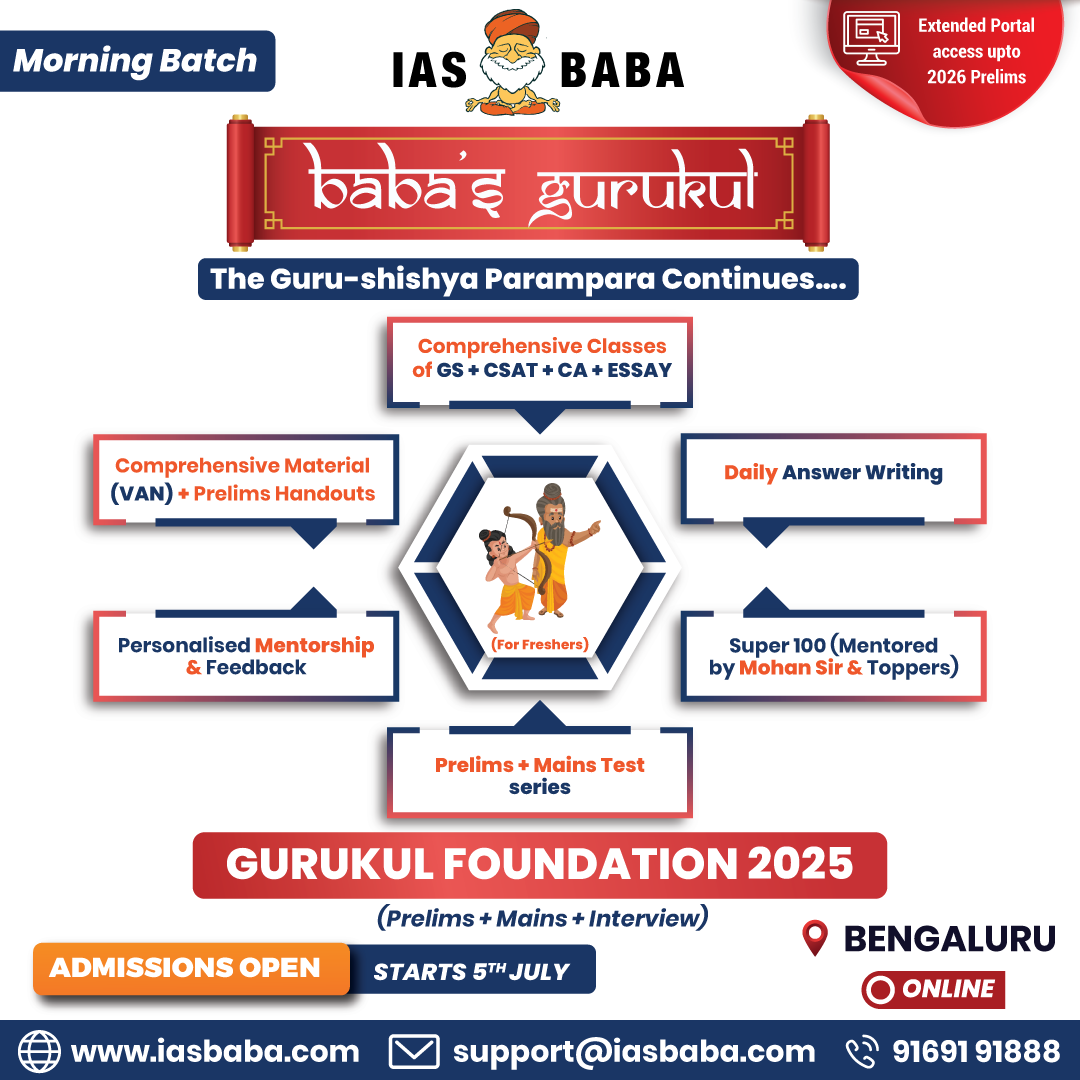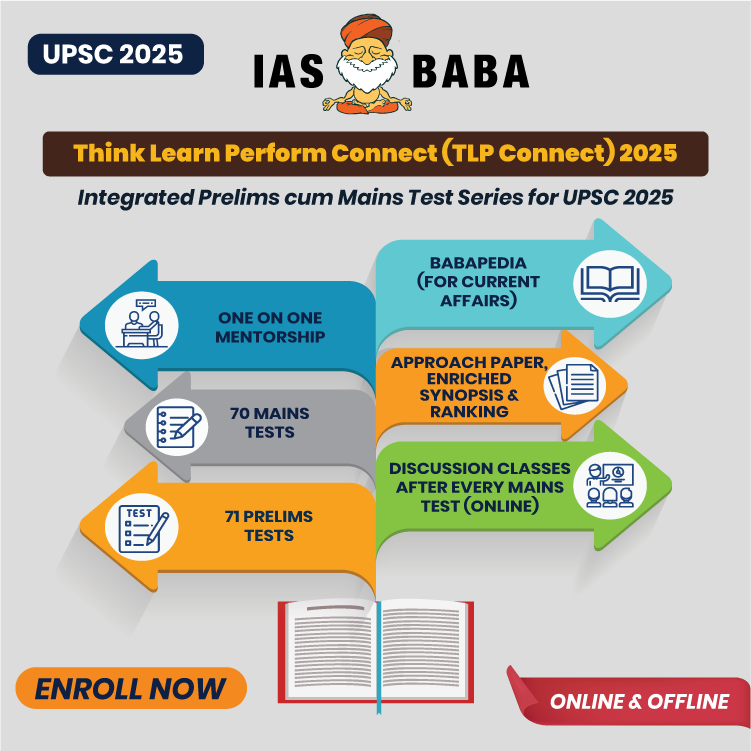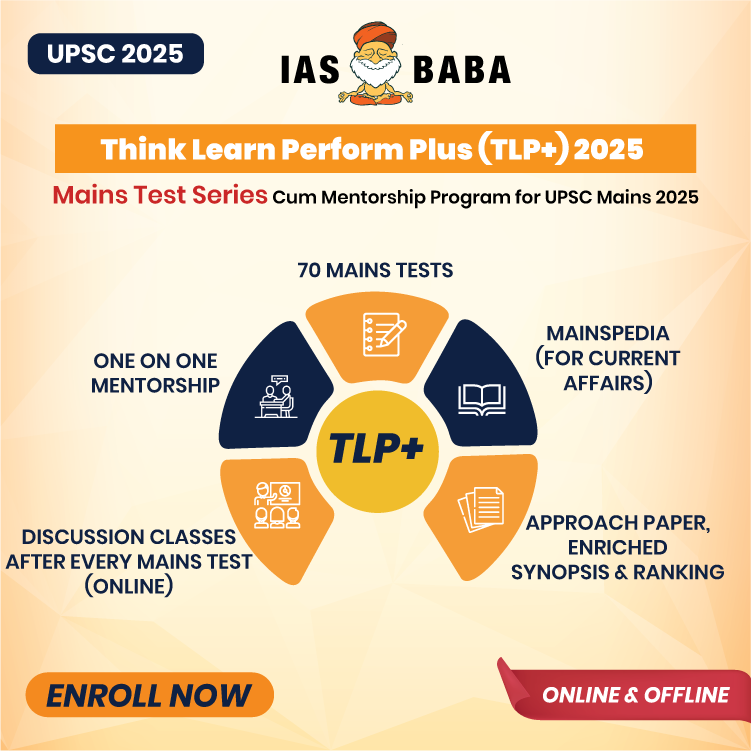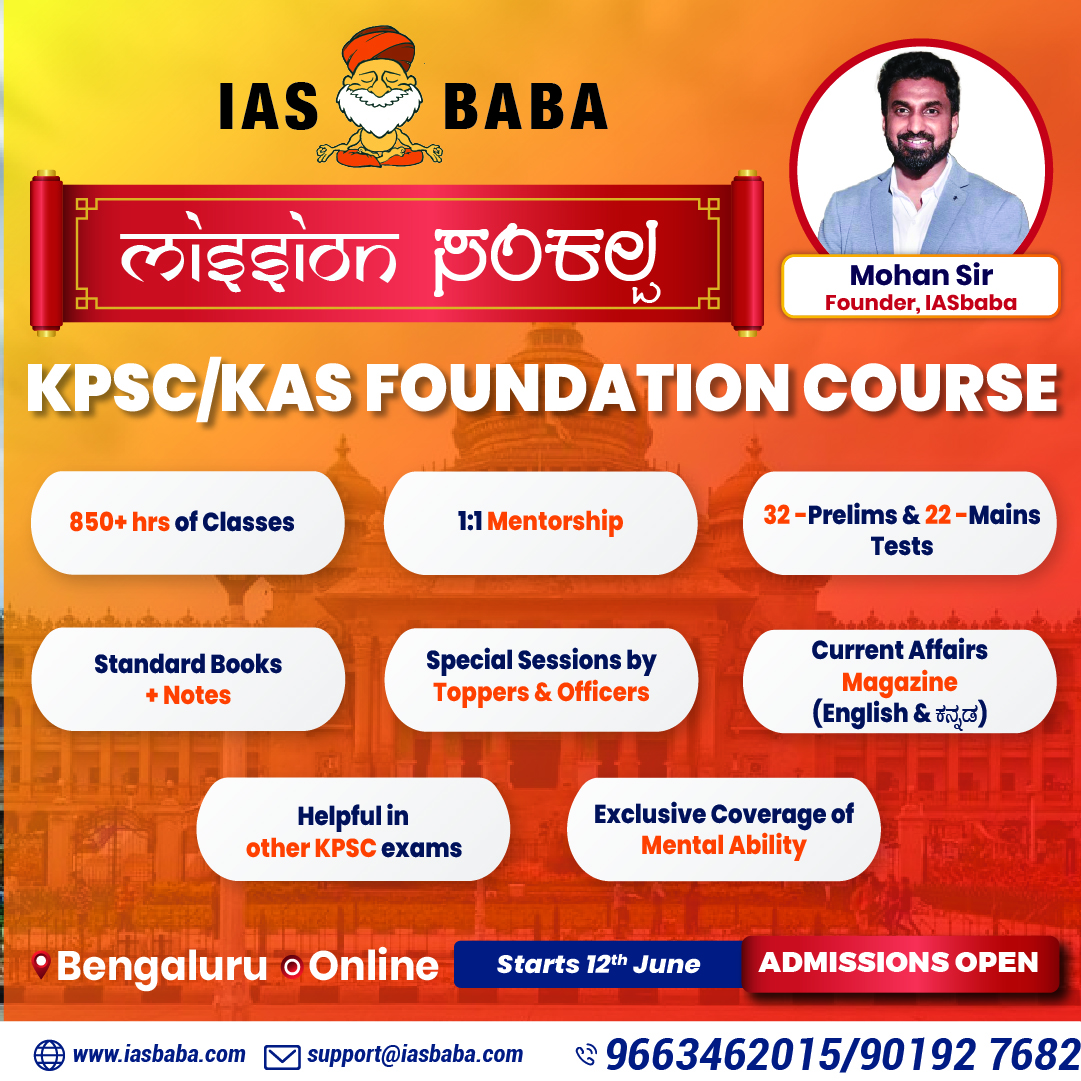UPSC Articles
EDUCATION/ GOVERNANCE
- GS-2: Issues relating to development and management of Social Sector/Services relating to Education, Human Resources
- GS-2: Government policies and interventions for development in various sectors and issues arising out of their design and implementation
Desh ke Mentor programme & NCPCR
Context: A controversy recently broke out after the National Commission for Protection of Child Rights (NCPCR) recommended that the Delhi government suspend its flagship ‘Desh ke Mentor’ programme till “the time when all the loopholes pertaining to the safety of the children are overhauled”.
What is the Desh ke Mentor programme?
- The programme was launched in October 2021 and is aimed at connecting students in classes IX to XII with voluntary mentors.
- People between the ages of 18 and 35 can sign up to be mentors through an app created by a team at the Delhi Technological University and will be connected with students based on mutual interests.
- The mentorship entails regular phone calls for a minimum of two months, which can optionally be carried on for another four months.
- The idea is for the young mentors to guide students through higher education and career options, preparation for higher education entrance exams, and dealing with the pressure of it all.
- According to Delhi government, 44,000 people have signed up as mentors so far and have been working with 1.76 lakh children.
How is a person selected to be a mentor?
- The registration process takes place on the Desh ke Mentor app.
- The volunteer has to fill in information about themselves such as their date of birth, education qualification, profession, organisation they work with and so on.
- However, it is optional for them to upload any proof of identity.
- On the app, the candidate has to accept an undertaking which states, that they have never been charged for (or involved in) any activities relating to the violation of the rights of children.
- Following this, they have to complete a brief ‘psychometry test’ which involves candidates having to rate how much they agree or disagree to certain statements.
- Once the registration is complete, the mentor is connected to a set of children of the same gender as themselves whose interests align with theirs.
- Students have to take parental consent before becoming a part of the programme.
What are the concerns raised by the NCPCR regarding this process?
There are five primary points on which the NCPCR has raised concerns with regard to the programme:
- It has stated that assigning children to a mentor of the same gender as them does not necessarily assure their safety from abuse.
- It has also expressed concern over the lack of police verification of the mentors.
- On the psychometric test it has asked if the test is analyzed/checked/scrutinized by professional practising experts. It has also questioned whether the Psychometric Test can identify paedophiles or potential paedophiles.
- It has also stated that limiting interactions to phone calls also does not ensure the safety of children since child related crime can be initiated through phone calls as well.
- It has stated that while taking the consent of parents is an essential pre-requisite, the responsibility and accountability of preventing children from such situation lies with the Department. The consent of parents cannot be used as a cushion in case of any untoward incident.
What is NCPCR?
- National Commission for Protection of Child Rights (NCPCR) was set up in March 2007 under the Commission for Protection of Child Rights Act, 2005.
- It works under the administrative control of the Ministry of Women & Child Development.
- The Commission’s Mandate is to ensure that all Laws, Policies, Programmes, and Administrative Mechanisms are in consonance with the Child Rights perspective as enshrined in the Constitution of India and also the UN Convention on the Rights of the Child.
- The Child is defined as a person in the 0 to 18 years age group.
- Composition:
- This commission has a chairperson and six members of which at least two should be women.
- All of them are appointed by Central Government for three years.
- The maximum age to serve in commission is 65 years for Chairman and 60 years for members.
Under the RTE Act, 2009, the NCPCR can:
- Inquire into complaints about violation of the law.
- Summon an individual and demand evidence.
- Seek a magisterial enquiry.
- File a writ petition in the High Court or Supreme Court.
- Approach the government concerned for prosecution of the offender.
- Recommend interim relief to those affected.
Conclusion




